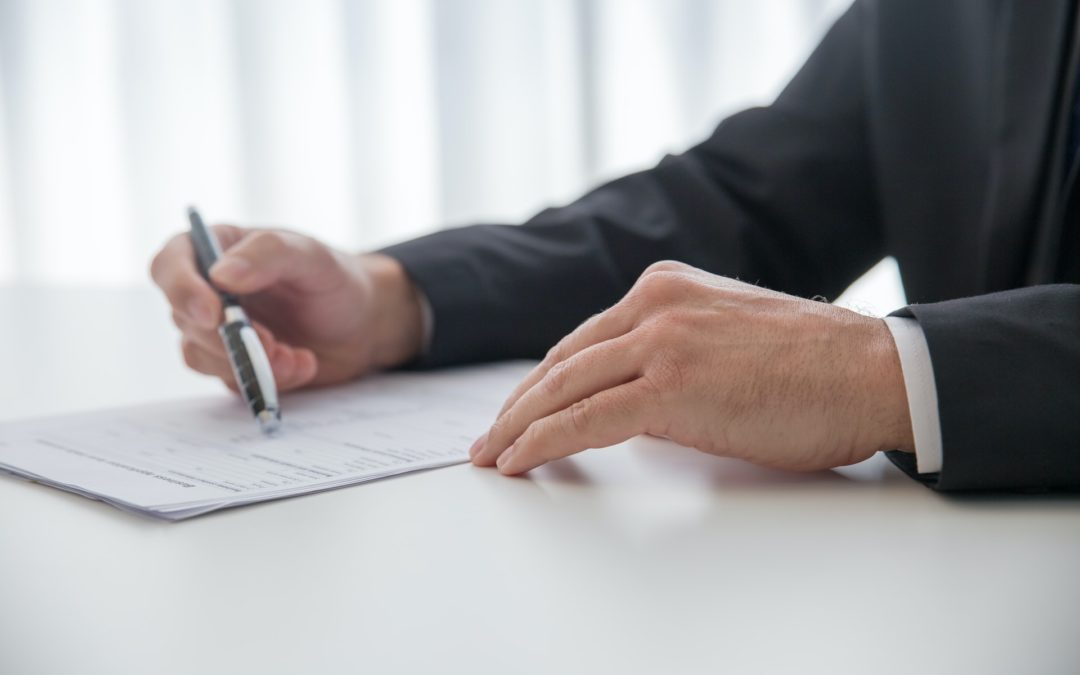During the month of April, we are going to focus our blog posts on the most common documents that comprise an Estate Plan. We will begin with the document that most often comes to mind when someone is considering Estate Planning, a Last Will and Testament. If you are receiving our newsletter, you likely already have a Will in place, but do you know what a Will does?
The primary purpose of your Will is to serve as a roadmap for the distribution of your assets at death. By having a Will in place, you decide who is in control of your estate, who gets what assets and when. A Will can be used as a stand-alone document governing the distribution of your entire estate or it can be used in conjunction with living trusts – in which case it may simply direct that the assets be added to an existing trust to be distributed under its terms.
In your Will, you name an Executor who will manage your estate after your death and ensure that the terms of your Will are carried out. You should name someone who you trust and who you know will be able to handle the duties of the Executor.
If you have minor children, you should name a guardian in your Will to care for them if both parents are deceased. You can also create a trust in your Will to hold assets for a young child and choose someone to manage the trust assets until the child is more mature and responsible.
After being appointed by the Court and paying off any debts of your estate, your Executor will distribute your assets according to the terms of your Will. You can choose to leave cash gifts to relatives, friends, charities, or other organizations. You may also provide for the distribution of your personal effects to ensure, for example, that your sister gets your great-grandmother’s quilt. You can also designate who should care for your pets after you are gone. Any remaining property will be distributed to the beneficiaries you select in the shares you determine.
Your Last Will and Testament is an important building block to ensure your Estate Plan will be effective. Without a Will in place, these decisions are left to the state.
The next step is to update your beneficiaries on assets like life insurance policies and qualified retirement plans to align with your Estate Plan. Do you have questions about your personal Estate Plan? Contact our team at the Estate Planning Law Group of Georgia at 770-822-2723 or contact us through our website.
Contact the Estate Planning Law Group of Georgia


Recent Comments